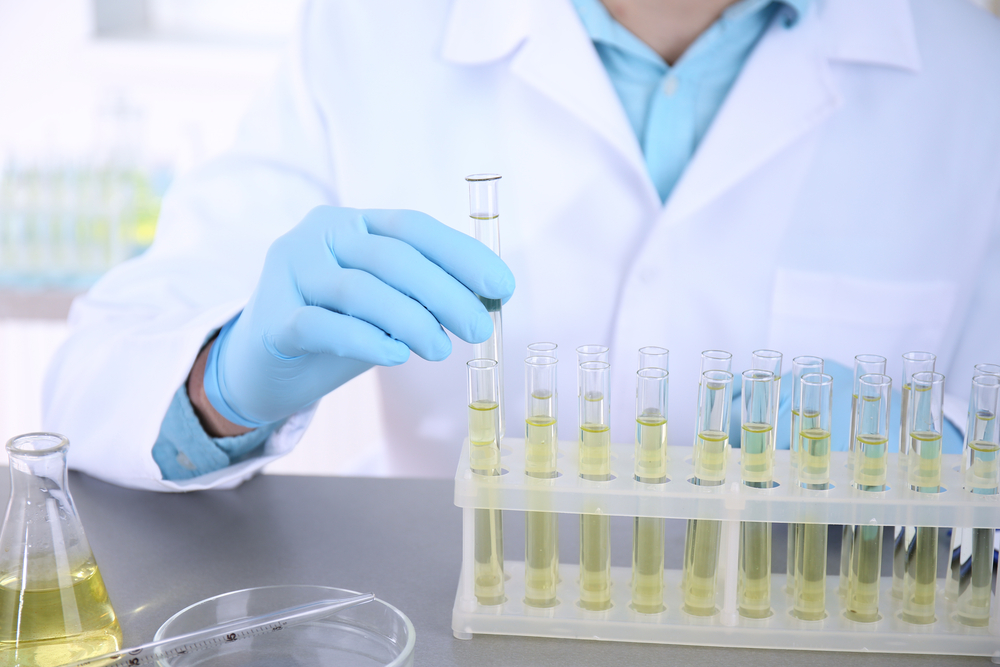DIAGNOSIS
Your doctor might ask questions about whether you’ve taken a medication that might affect your kidney function, if you’ve been diagnosed with high blood pressure, and if you have any family members who have kidney disease.
Next, your doctor carries out physical exam such as checking for signs of heart problems or blood vessels, and performing a neurological exam.
You may also need several tests and procedures for kidney disease diagnosis, such as blood tests, urine tests, imaging tests and kidney biopsy.
TREATMENT/MEDICATIONS
Treatment typically consists of actions to slow progression of the disease, help control signs and symptoms, and reduce complications. You may need treatment for end-stage kidney disease, if the kidneys become severely impaired. Treatment includes:
Kidney transplant. Several types of kidney disease can be treated, however, there is no cure for chronic kidney disease.
High blood pressure medications. To lower your blood pressure and to preserve kidney function, your doctor may recommend medications such as angiotensin-converting enzyme (ACE) inhibitors or angiotensin II receptor blockers.
Medications to relieve swelling. Those with chronic kidney disease may retain fluids and this can lead to leg swelling, along with high blood pressure. To maintain the balance of fluids in your body, medications called diuretics can help.
Medications to lower cholesterol levels. To lower your cholesterol, your doctor may recommend medications called statins because high levels of bad cholesterol can increase the risk of heart disease.
Medications in treating anemia. Your doctor may prescribe supplements of the hormone erythropoietin, sometimes with added iron in particular situations.
Medications to protect your bones. To prevent weak bones and lower your risk of fracture, your doctor may recommend calcium and vitamin D supplements. To reduce the amount of phosphate in your blood and to protect your blood vessels from harm by calcium deposits (calcification), you may also take medication known as a phosphate binder.
To determine whether your kidney disease remains stable or progresses, your doctor may recommend follow-up testing at regular intervals.


